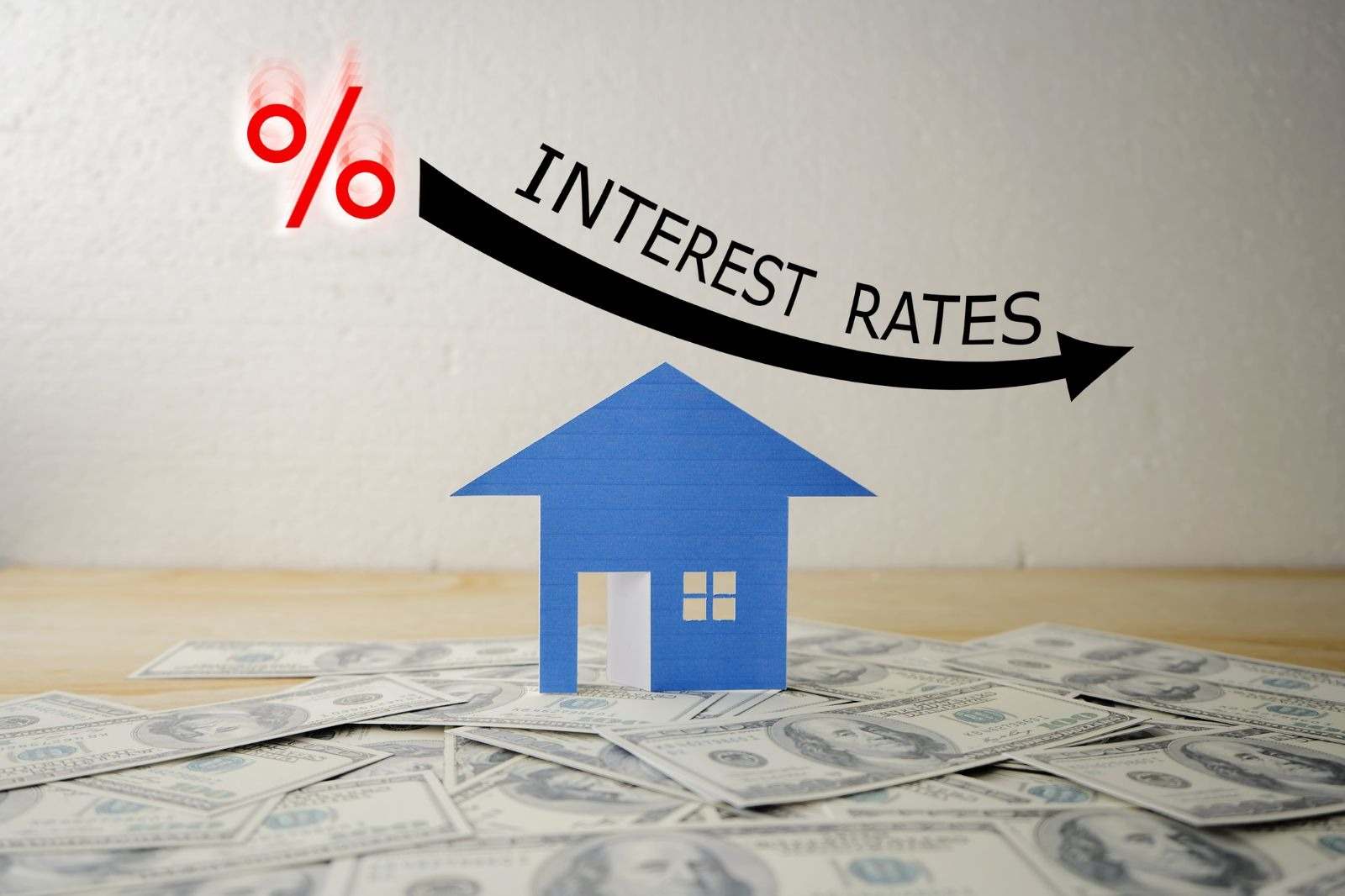Did you know that a 50-point difference in your credit score could cost you tens of thousands of dollars over the life of a mortgage? Whether you’re looking to buy your first home or invest in non-owner-occupied real estate properties, your credit score plays a crucial role. Imagine being able to save thousands simply by understanding and improving your credit score. It’s not just about saving money; it’s also about accessing better opportunities and making smarter investments.

Your credit score affects everything from the interest rates you get to the types of loans available to you. Higher scores open doors to better financial products and terms, which can make a significant difference in your real estate journey. Lower scores, on the other hand, might limit your options and increase your borrowing costs.

Knowing how your credit score impacts your real estate plans can help you make informed decisions. By learning how to improve your score, you increase your chances of securing better deals and maximizing your investments. Get ready to dive into some critical insights that will empower you to take control of your real estate future.

Why Your Credit Score Matters in Real Estate

Your credit score is like a financial report card. Lenders will use your Social Security number to determine if you are a responsible borrower. A high score shows you pay your bills on time and manage your debt well. This can lead to lower interest rates and better mortgage terms. A low score may limit your options, making it harder to get a loan or causing you to pay higher interest rates.
When becoming a homeowner or purchasing an investment property, your credit score affects everything from the approval of your mortgage to the rates you’ll pay over time. Even a small difference in your score can mean thousands in extra costs over the life of a loan. That’s why it’s crucial to understand your score and take steps to improve it if needed.

How does your credit score also impact your ability to buy investment properties? Lenders view lower credit scores as riskier, so they might charge higher rates for investment loans. This can eat into your profits and make it harder to expand your portfolio. Knowing your score and working on improving it can open doors to profitable real estate investments and better financing options.
5 Critical Insights: How Credit Scores Shape Your Journey

1. Interest Rates: A higher credit score can significantly lower your interest rates on mortgages. Lower rates mean smaller monthly payments and less money spent over the loan’s life.
2. Loan Approval: Lenders use credit scores to determine if you qualify for a loan. Higher scores are more likely to get approved for better loan products. Lower scores may require more paperwork or result in denial.
3. Down Payment: Sometimes, a higher credit score can lead to lower down payment requirements. This allows you to keep more cash in hand for other investments or emergency funds.
4. Loan Limits: Your score can determine how much money you can borrow. Higher scores give you access to larger loans, which means you can afford more expensive properties.
5. Private Mortgage Insurance (PMI): Borrowers with higher credit scores might be able to avoid PMI, which saves money each month. Those with lower scores often must pay for this insurance, adding to their overall costs.
Understanding these insights can help you navigate the real estate market more effectively. Improving your credit score before making a purchase can lead to better loan terms and lower costs, ultimately impacting your long-term financial health and investment success.
How to Improve Your Credit Score for Better Opportunities
Improving your credit score can open many doors in real estate. Here are some steps you can take:

1. Check Your Credit Report: Start by getting a copy of your credit report from the major credit bureaus. Look for any errors or inaccuracies, and dispute them right away. Correcting mistakes can give your score a quick boost.
2. Pay Bills on Time: Your payment history makes up a large part of your credit score. Set up automatic payments or reminders to ensure you never miss a due date. Consistency is key.
3. Reduce Debt: Work on paying down your credit card balances and other loans. The lower your debt compared to your available credit, the better your score will be. Aim for a credit utilization rate below 30%.
4. Avoid New Credit: Each time you apply for new credit, it can lower your score a bit. Only open new accounts when necessary, and try not to close old ones, as the length of your credit history matters, too.
5. Limit Credit Inquiries: Hard inquiries from lenders can affect your score. Plan your loan applications carefully and try to keep these inquiries to a minimum.
Leveraging Credit for Non-Owner-Occupied Investment Homes
Investing in non-owner-occupied properties can be a great way to build wealth, but it usually requires a high credit score. Here’s how you can leverage your credit effectively:

1. Higher Down Payments: Lenders often require higher down payments for investment properties. A good credit score can help lower this requirement, freeing up money for other investments.
2. Better Loan Terms: With a better score, you are more likely to qualify for loans with lower interest rates and longer terms. This can make your investment more profitable over time.
3. Access to More Financing Options: High credit scores can make you eligible for various loan products. From traditional mortgages to more creative financing options like hard money loans, having a good score gives you flexibility.
4. Increase Rental Income: Properties in good condition tend to attract higher-paying tenants. If your credit score allows you to finance improvements, you can boost the rental income from your investments, making them more lucrative.
5. Build Equity Faster: Lower interest rates enable faster repayment of loan principal, helping you build equity in your properties quicker. This can be useful for leveraging against more properties in the future.

Your credit score is a powerful tool in your real estate journey. From getting better mortgage rates to gaining access to favorable loan terms, a higher score can save you money and open up opportunities. By understanding its impact and taking steps to improve it, you can secure your financial future and make smart property investments.
Whether you are a pre-retiree looking to diversify your portfolio, a high net worth individual seeking steady income, or an overseas investor exploring new opportunities, your credit score matters. With a solid credit profile, the doors to profitable investments and financial freedom are wide open. Talk to our real estate advisors today to learn more.
Thank you for reading! We deeply appreciate your
support. Every article we create is written and designed with you in mind. At Elysium Real Estate Investments LLC, we are committed to sharing knowledge and uplifting those around us. If you feel inspired by this article to take action in real estate investing, please consider visiting our Giving Back page to explore ways to make a positive impact. We have proudly partnered with non-profit organizations making a difference in Texas communities and could really use our help.
Let’s work together to create a brighter future and build stronger communities!
Legal Disclaimer: The information in “How Your Credit Score Shapes Your Real Estate Journey” is provided for educational purposes only and should not be seen as a substitute for professional financial, legal, or credit advice. Credit scoring models, lender requirements, and real estate regulations are subject to change. While we strive for accuracy, Elysium Real Estate Investments makes no guarantees about outcomes or the current relevance of this information. Please consult licensed professionals before making any decisions, as we assume no liability for actions taken based on the information in this content.















